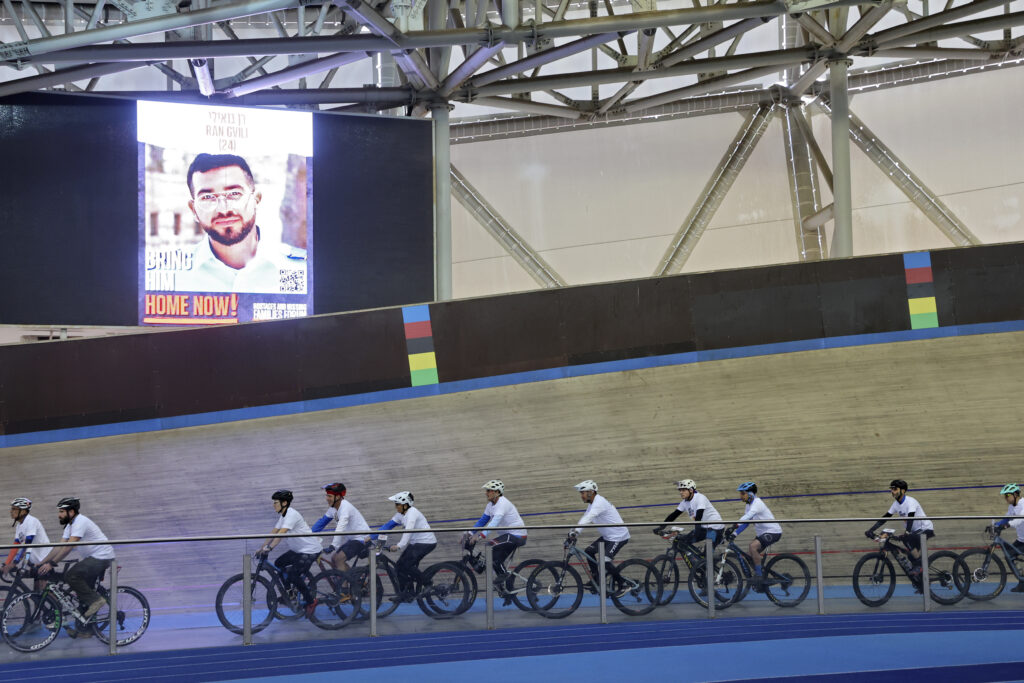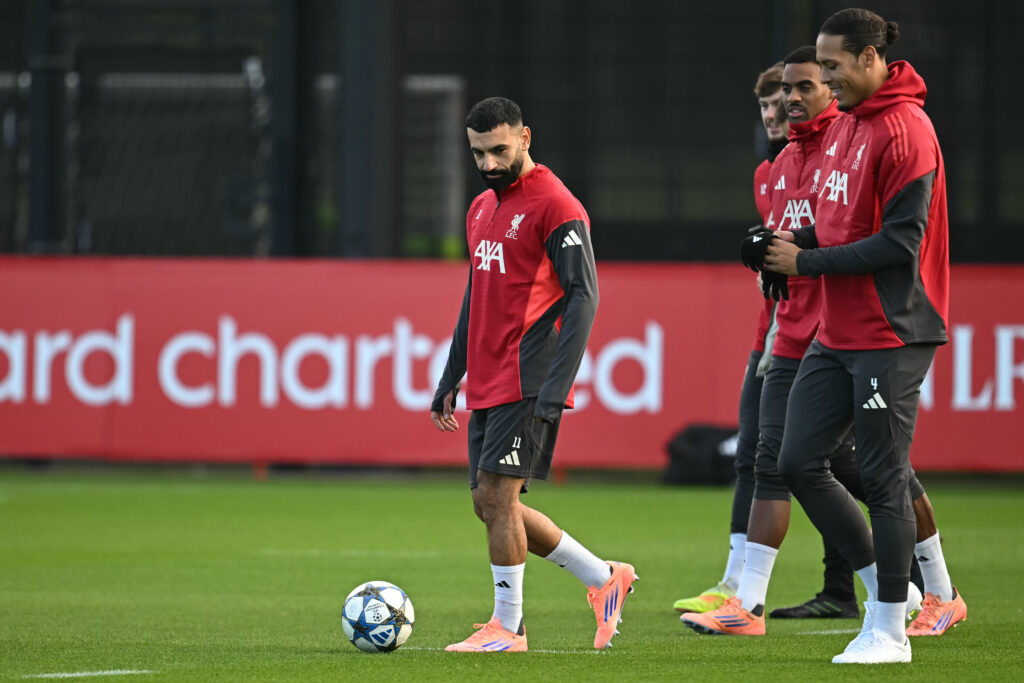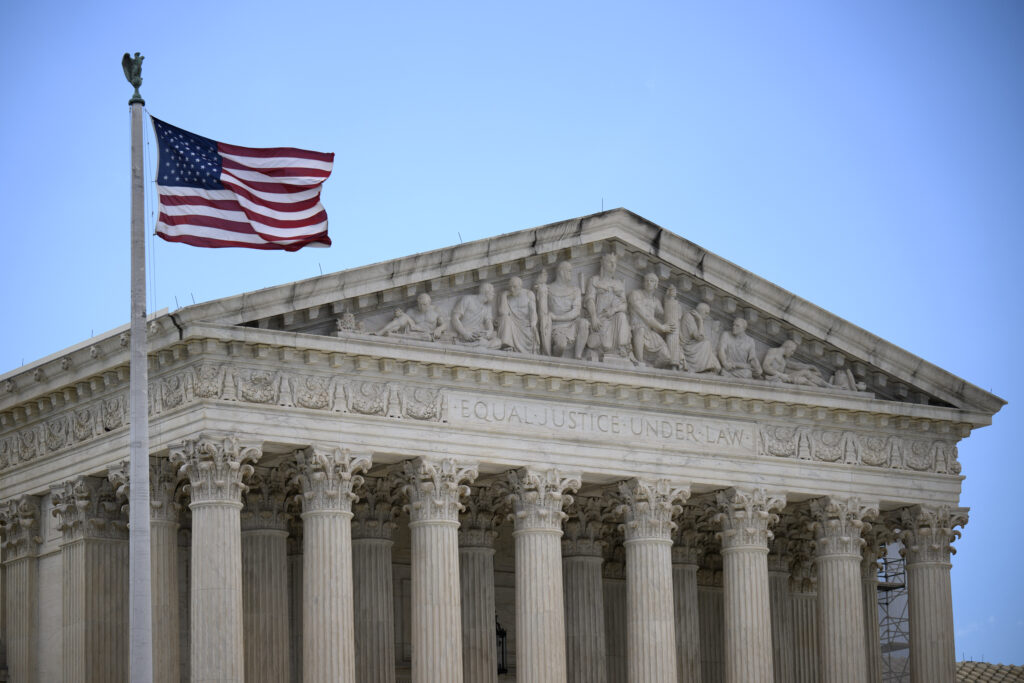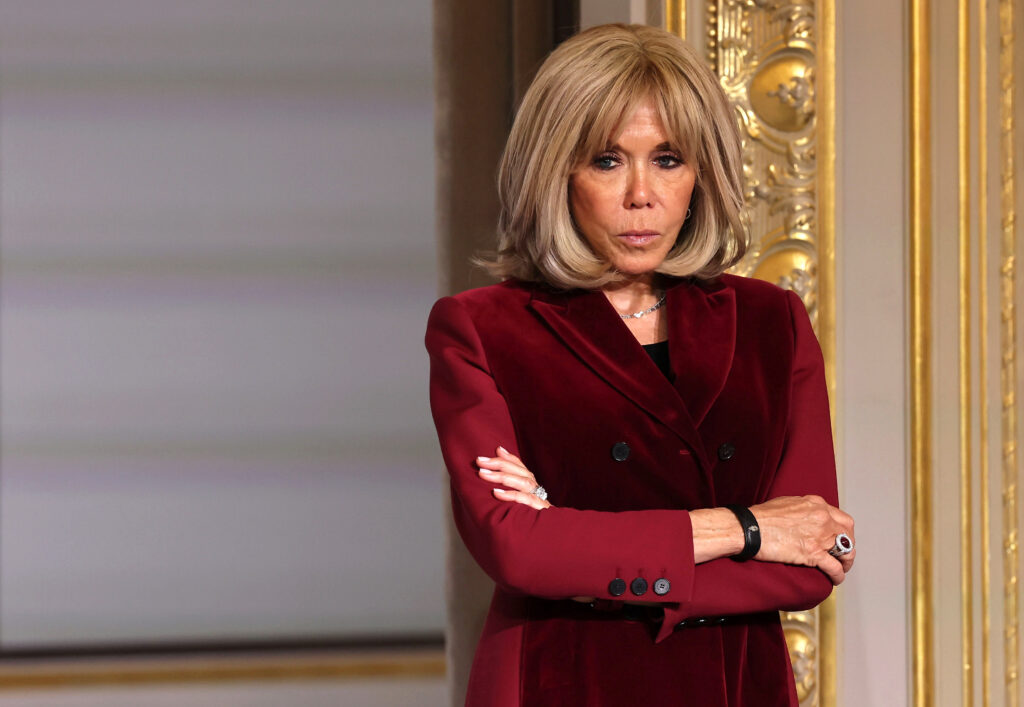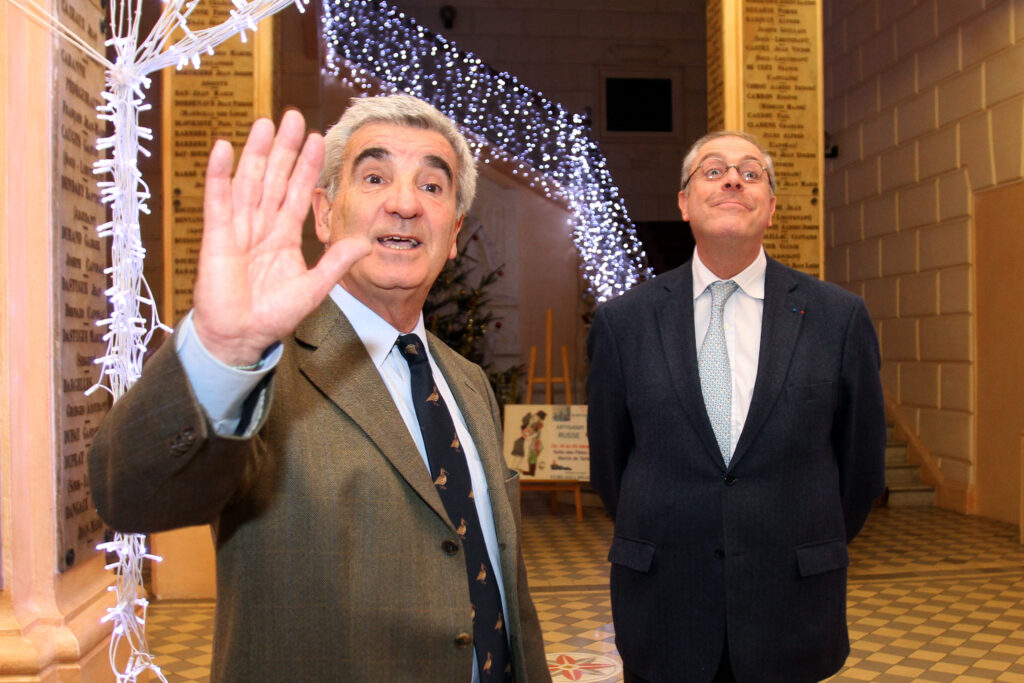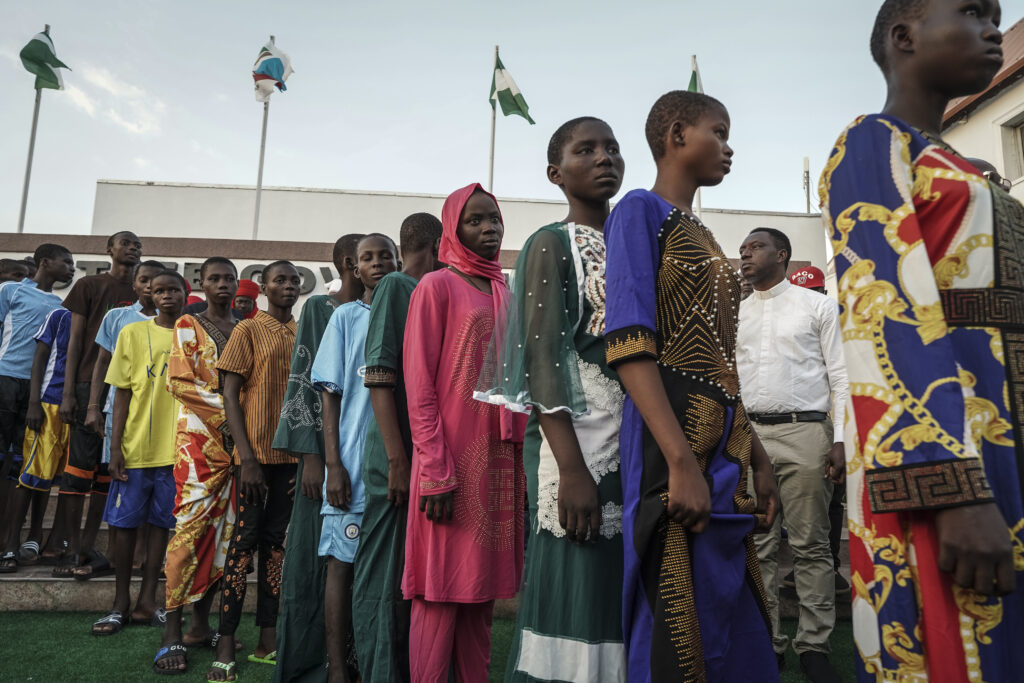The long wait for parents of the last Gaza hostage
The parents of the last hostage in Gaza have been waiting for over two years for the return of their son, whom they described as “fighting to the last bullet” during Hamas’s attack on Israel on October 7, 2023.Now the mother of Ran Gvili says there is consensus in Israel that his body must be returned before the second phase of the ceasefire in the Gaza Strip begins.”From everyone we speak to, we’re getting the promise that they won’t move to the second phase until they bring Rani back,” Talik Gvili, 55, told AFP at the family’s home in Meitar, a small town in southern Israel that is east of Gaza.”We are really, really hoping that this is truly what will happen,” she said.Gvili was an officer in Israel’s Yasam elite police unit who was 24 at the time of the attack by Hamas that triggered the war in the Palestinian territory.Under the terms of a US-sponsored ceasefire plan that entered into force between Israel and Hamas on October 10, the militant group committed to returning all the 48 hostages it held captive, of whom 20 were alive.Militants have so far returned 47.Palestinian militants had taken 251 people hostage during the 2023 attack.Israeli Prime Minister Benjamin Netanyahu said on Sunday he expected the second stage of the truce plan in the Palestinian territory to start shortly.The plan’s terms say the next phase should begin after the return of all living hostages and the remains of the deceased.The next step includes disarming Hamas and the further withdrawal of Israeli forces as a transitional authority is established in Gaza, and the deployment of an international stabilisation force.- ‘First to jump in’ -In October 2023, Gvili was on medical leave waiting for a shoulder operation.When he heard of the attack he decided to leave his home with his own gun. He was shot in the fighting at the Alumim kibbutz before he was taken to Gaza.Israeli authorities told Gvili’s parents in January 2024 that he had not survived his injuries but even today, the couple struggle to believe he is dead.”They claim he didn’t receive any (treatment) but we still have a tiny, tiny glimmer of hope,” said his father, Itzik Gvili, 61.Gvili’s face is everywhere in the area close to the Negev desert — on posters, roundabouts and in front of many villas.Under the portrait of the young man in uniform are the words “Hero of Israel”.”He ran to help, to save people,” his father said, wearing a T-shirt with a picture of his son riding a motorcycle.”Even though he was already injured before October 7. But that was Rani — always running forward, the first to help and the first to jump in,” he said.”He fought until the last bullet and then he was taken hostage,” Talik Gvili said.Soldiers and police officers who were there on October 7 said Ran fought in front of the entrance to Alumim kibbutz, before being shot and injured.”In a way, it fits him, to be the one to stay behind. So in a way, it helps us to accept this situation — but mainly because we have no choice. We didn’t choose to be the last ones,” his mother said. “But someone has to be the last, and it ended up being our family.”
